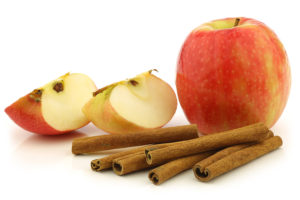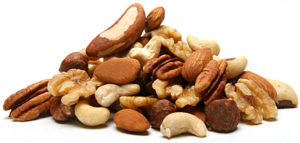Diabetes is a disorder that affects the way your body uses food for energy , caused by a partial or total insulin deficit or for increased of resistance , Insulin is a hormone produced by the pancreas. It helps move the glucose (sugar) into cells. In other words, having diabetes is no picnic! It affects your well-being and your social life.
What is even scarier is that did you know that stress can cause Diabetes? Yes my friends. Dr. Ernesto Manzano of Chen Medical Center describes diabetes as a lifestyle disease that can be triggered by obesity, a lack of exercise, increased age and genetic predisposition.
So can controlling our blood sugar and preventing diabetes complications be as simple as eating the right foods? Yes or at least it can help. Certain foods are packed with powerful nutrients that stabilize blood sugar levels, protect our heart, and even save our vision from the damaging effects of diabetes. So what are they? I thought you’d never ask!
1. Cinnamon A study at the Human Nutrition Research Center in Beltsville, Maryland, found that if you use ½ teaspoon of cinnamon daily, it can make cells more sensitive to insulin, helping cells convert blood sugar to energy.
2. Apples In a Finnish study, men who ate the most apples and other foods high in quercetin had 20 percent less diabetes and heart disease deaths.
3. Fiber-Rich Foods A study at the University of Texas Southwestern Medical Center found that people who increased their fiber intake from 24 to 50 g daily had dramatic improvements in blood sugar levels.
4. Nuts Studies show that people who eat nuts regularly have lower rates of heart disease than people who don’t eat them.
5. Chocolate My favorite of course! Researchers at Tufts University discovered that dark chocolate improves insulin sensitivity, helping prevent or treat type 2 diabetes. Colombian singer, Lowe Leon, includes dark chocolate in his diet as one of a preventative means against the battle of Diabetes, since his father suffers from Diabetes.
Diabetes doesn’t have to take over our lives if we don’t allow it too. By watching what we eat and know our family history, we can take a hands on approach and fight or prevent this debilitating disease.



 Contact Us
Contact Us